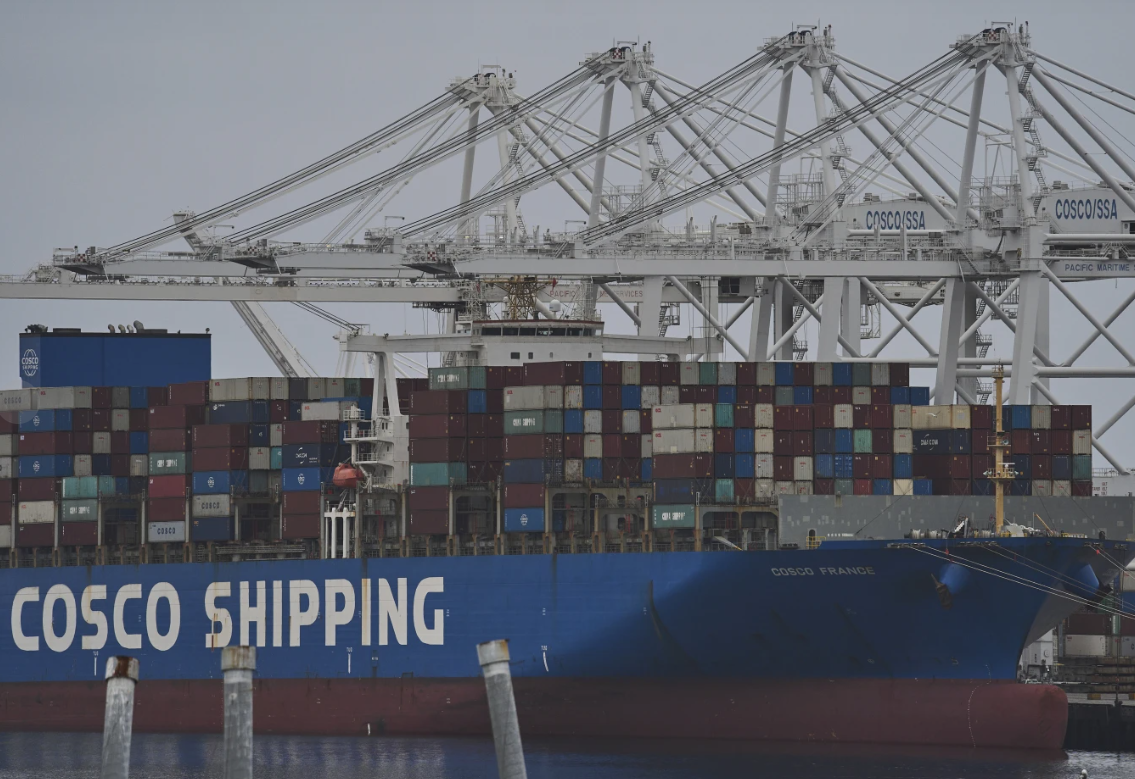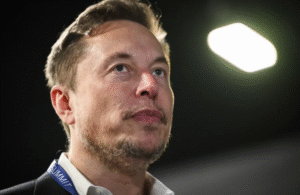Europe and the United States have made some progress in their ongoing tariff negotiations, but no major breakthroughs emerged from their meeting in Paris, as both sides seek to resolve a tense dispute with significant global economic consequences.
The European Union’s chief trade negotiator, Maroš Šefčovič, met with U.S. Trade Representative Jamieson Greer on Wednesday during an Organization for Economic Cooperation and Development (OECD) gathering. Both expressed optimism about the talks but acknowledged that major hurdles remain.
Greer noted the “quick progress” and praised the EU’s “willingness to find a concrete way forward” toward reciprocal trade agreements. Šefčovič echoed this sentiment, emphasizing the positive pace and announcing plans for further technical discussions in Washington, followed by a video conference to evaluate the situation and plan next steps.
Despite these developments, officials in Brussels and Washington do not expect a comprehensive trade deal to be reached in Paris due to the complexity of the issues involved.
President Donald Trump has frequently criticized the sizable U.S. trade deficit with the European Union, which reached a record $161 billion last year. He attributes the deficit to unfair trade practices and has specifically targeted the EU’s 10% tariff on imported cars. In response, the U.S. raised its own car tariff from 2.5% to 25% in April. The EU counters by highlighting its large purchases of U.S. services, particularly in technology, which offset much of the deficit.
The recent surprise U.S. tariffs on steel have added tension, prompting the EU to announce it is preparing countermeasures. Brussels has proposed a “zero-for-zero” deal that would eliminate tariffs on industrial goods, including autos, on both sides. While Trump has dismissed this offer, EU officials insist it remains on the table.
The EU might also increase imports of U.S. liquefied natural gas and defense products, along with lowering car tariffs, but it is unlikely to agree to eliminate its value-added tax (VAT) or ease restrictions on American beef imports.
French Trade Minister Laurent Saint-Martin warned that if negotiations fail in the coming weeks, Europe is ready to implement retaliatory measures on U.S. products and services.
Trade expert Greta Peisch, formerly general counsel for the U.S. trade representative, suggested the zero-for-zero proposal could help avoid further tariffs if the Trump administration is motivated to strike a deal. However, she questioned how willing the U.S. really is, given Trump’s persistent grievances about EU trade policies.
One key point of contention remains the EU’s VAT, which Trump and his team view as unfair protectionism because it applies to imported U.S. goods. However, VAT is a national tax applied equally to domestic and foreign products and has not traditionally been considered a trade barrier, making it unlikely that EU countries will change their tax systems.
Additionally, Europe is expected to resist U.S. demands to remove food and safety regulations, including bans on hormone-treated beef, chlorinated chicken, and genetically modified organisms. These standards reflect national choices about public health and safety, not just trade policy.
William Reinsch, a former U.S. trade official now at the Center for Strategic and International Studies, said, “When you talk about things like chicken or GMOs or auto safety standards, you’re discussing national regulatory choices. The U.S. sees that as protectionism, while Europe sees it as protecting its citizens’ health. This disagreement has lasted for decades.”













